In two weeks from now, on December 5, the multi-starrer Hindi movie, Dhurandhar, will release and if the trailer, which dropped on November 18, is any indication, it’s set to be a big, masala action movie.
The Aditya Dhar-directed film starring Ranveer Singh, Arjun Rampal, R Madhavan, Sanjay Dutt and Akshaye Khanna, has got movie buffs talking for its star cast as well as its slick action scenes.
The movie’s trailer reveals that the story behind the movie is based on “incredible true events”, with many pointing out that it bears resemblance to Pakistan’s Operation Lyari — a large-scale operation involving Pakistan authorities infiltrating a major gang network operating out of a town in Karachi known as Lyari, and dismantling it.
But what do we know about this operation? What did it aim to do? And how is the movie, Dhurandhar, inspired by it?
Lyari — from football haven to gangsters’ grounds
Lyari, a town in Pakistan’s Karachi, was once known for its talented footballers. However, by the early 2000s, it turned into a notorious haven for hardcore criminals and drug traffickers.
Many note that the transformation of Lyari is owing to the politics of the Pakistan Peoples’ Party (PPP) to which former President Asif Ali Zardari and ex-PM Yousuf Raza Gilani belonged to. The PPP then took under its wing a gangster known as Abdul Rehman Balochi, also known as Rehman Dakait, to ensure that votes didn’t cross over to any other party there.
For his services, Dakait was given free rein to extort businesses, smuggle drugs, arms and ammunition. In 2008, the PPP even placed Dakait as the leader of the People’s Aman Committee to look after the affairs of Lyari. But soon, Dakait’s power grew and he fell out of favour with the PPP, resulting in his death in 2009.
His empire was taken over by his cousin Uzair Baloch. This was contested by Baba Ladla, an ally of Rehman Dakait and Baloch, who formed his own gang and what ensued were gang wars, all being fought in Lyari itself.
Residents complained of fierce gun battles that could even drag on for as long as four days in a row. As Ghulam Mohamed Baluch, a retired schoolteacher and longtime Lyari resident, told Anadolu Agency in a 2013 report, “Life has become miserable for Lyariites. Armed clashes between criminals don’t let us come out of our homes after every few days. One day, criminals from our area attacked their rivals, and the next day the rivals return to pay them back in the same coin.”
Operation Lyari commences
In April 2012, Pakistan authorities began Operation Lyari — a protracted series of operations — to rid Lyari of the gangs and the violence they were unleashing in the Karachi town.
The initial phase was led by the Sindh Police’s “encounter specialist” Chaudhry Aslam, who faced fierce resistance and high casualties, which resulted in failure. The operation lasted for more than a week, in which at least 45 people were killed – some police officers, but mostly civilians. After a week’s violence, Operation Lyari was paused after PML-N chief Nawaz Sharif condemned the deaths of civilians.
At the time, he said that innocent Baloch and patriotic Pakistanis had been made to suffer under the pretext of operation against the criminals in Lyari. He said Baloch and others in Lyari and elsewhere in Karachi are deprived of the basic necessities at present, which was a condemnable act on the part of the government.
Later in the second-half of 2013, a more aggressive operation began once again, under the leadership of Pakistan Rangers, to combat the criminal gangs. The operation continued for years, in which several of Pakistan’s gang leaders were either killed or arrested. For instance, Baloch was arrested by Interpol in December 2014 while crossing into the United Arab Emirates from Oman by road.
Meanwhile, Baba Ladla was killed in an encounter with Pakistan Rangers in 2017.
Finally, by 2018, the operation was deemed successful with locals expressing happiness over the peace that had finally fallen over the town. Nauman Ahmed, 40, owner of a grocery store, was quoted as telling Arab News then, “They (armed groups) use to give us orders to keep shops open or close, depending on their mood. Many residents and businessmen in the area were forced to migrate from Lyari.”
“My shop remains open till 2am, it was not possible earlier,” he added.
Dhurandhar’s link to Operation Lyari
While the makers of the movie, Dhurandhar, haven’t outrightly mentioned that their offering is inspired by Operation Lyari, some of the names of the characters are based on real personalities, who had links to the operation.
For instance, Akshaye Khanna plays the role of Rahman Dakait — Karachi’s most notorious criminal and who formed the Peoples’ Aman Committee.
In Dhurandhar, Sanjay Dutt plays the role of SP Chaudhary Aslam — a gun-toting, cigarette smoking police officer. Dutt’s character is inspired by one of Pakistan’ s top cops and encounter specialists.
The real cop was known for leading operations against gangs in Lyari, including arrests and killings of underworld dons like Rehman Dakait and Arshad Pappu.
We will have to wait and watch to see just how much of the movie is inspired by Operation Lyari.
With inputs from agencies


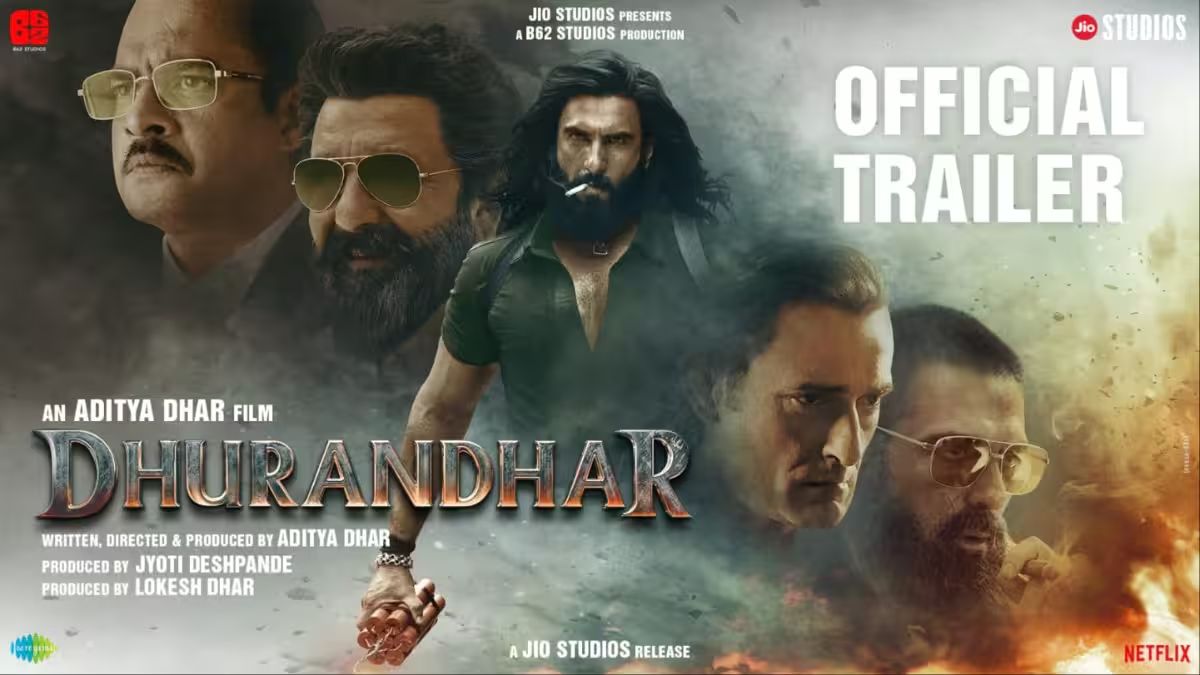)
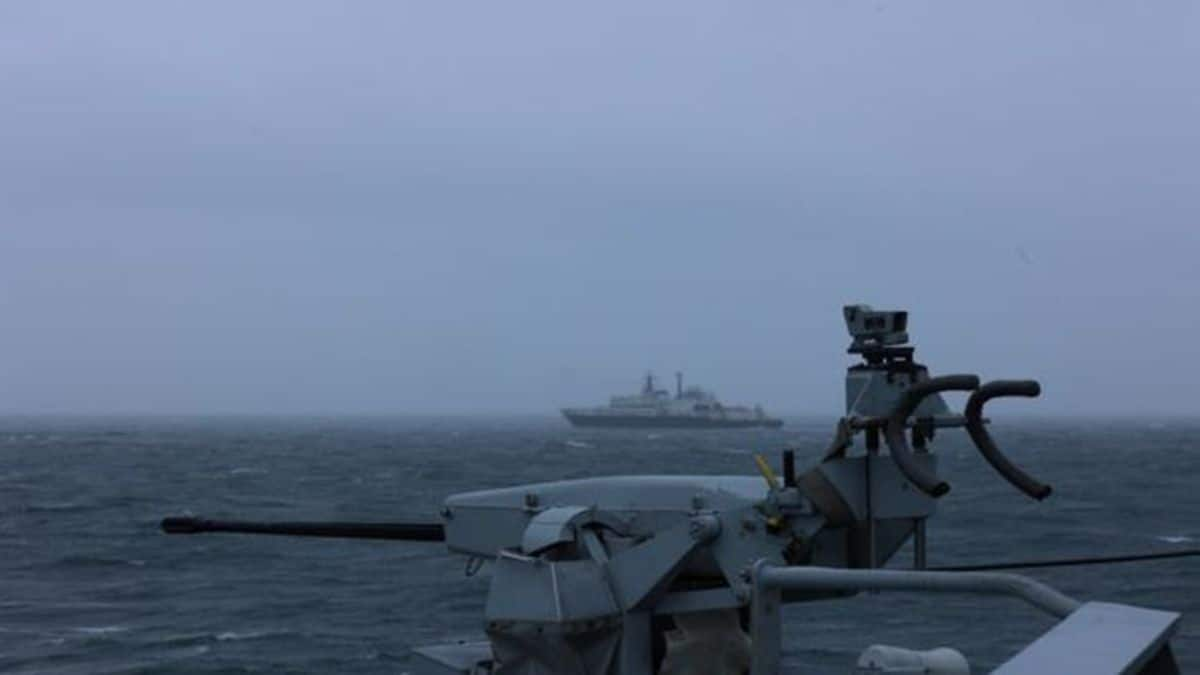
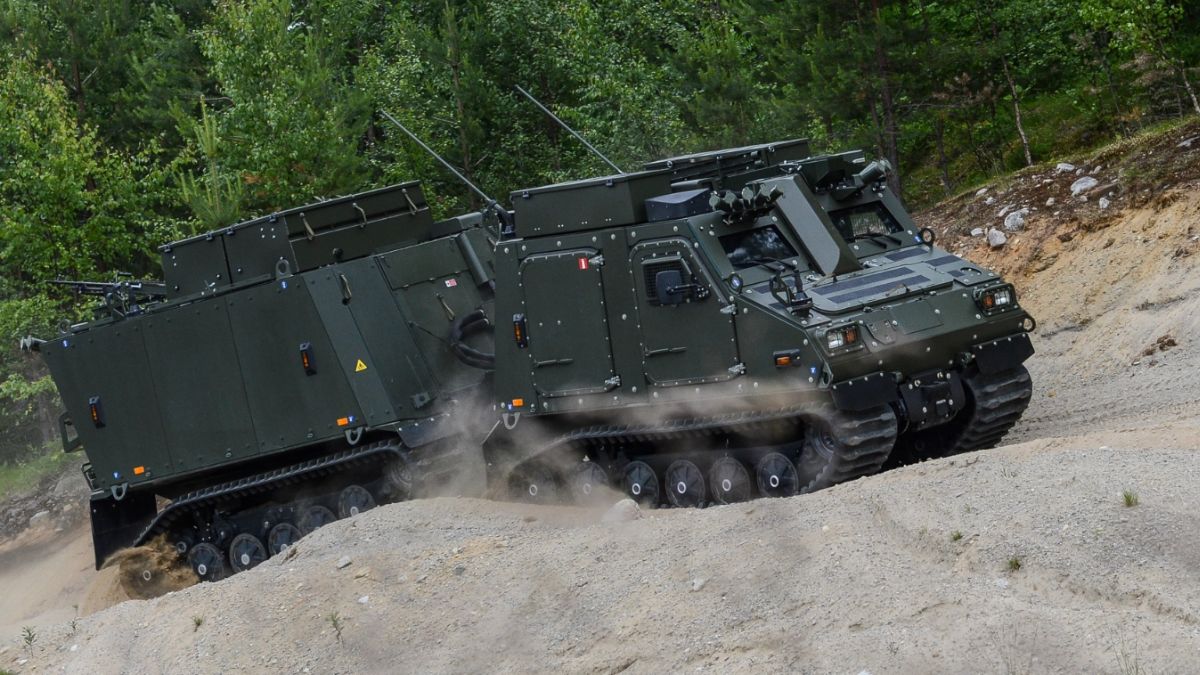)
)
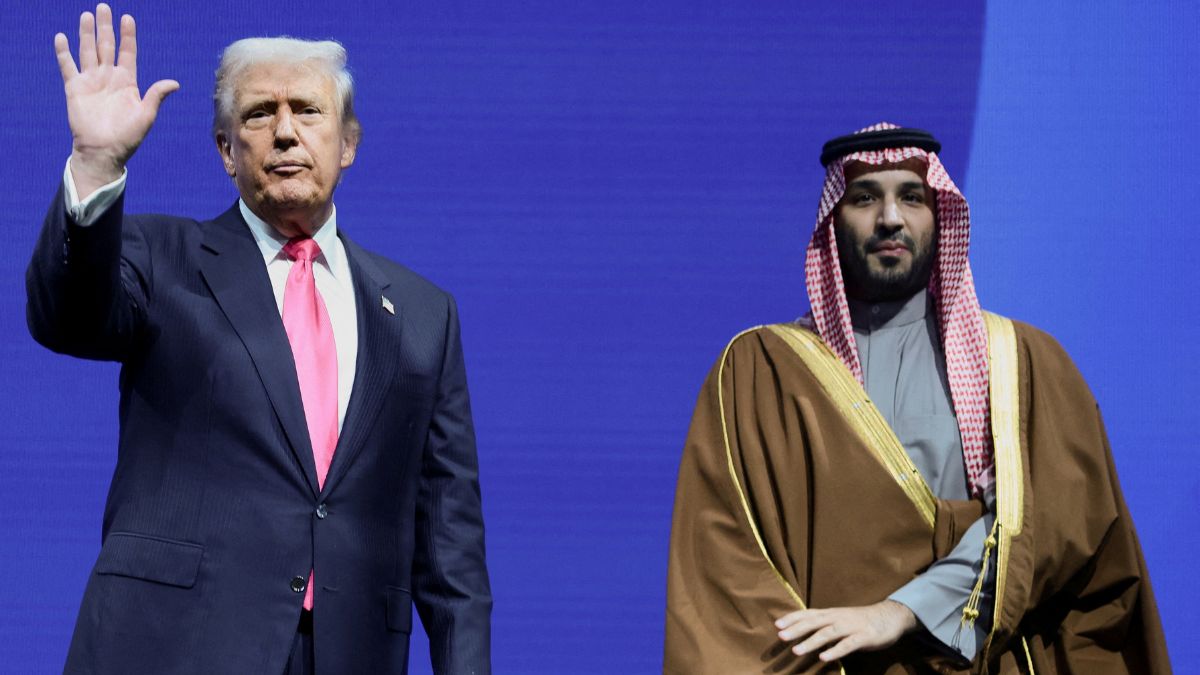)
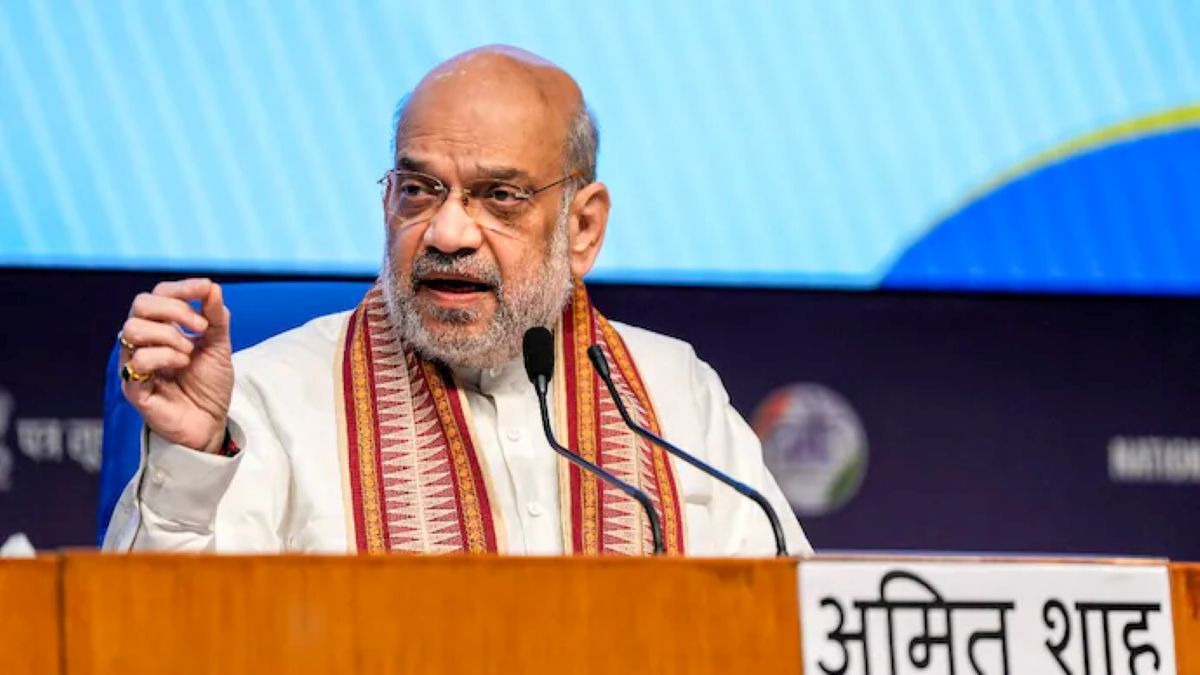)
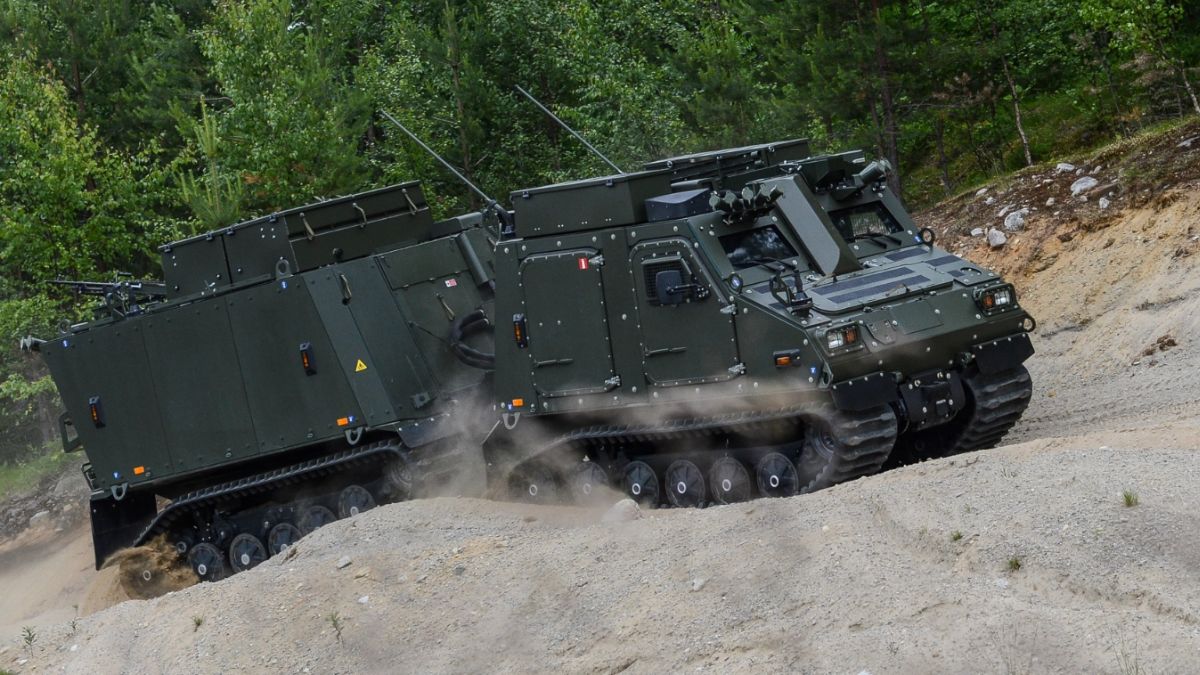)
)
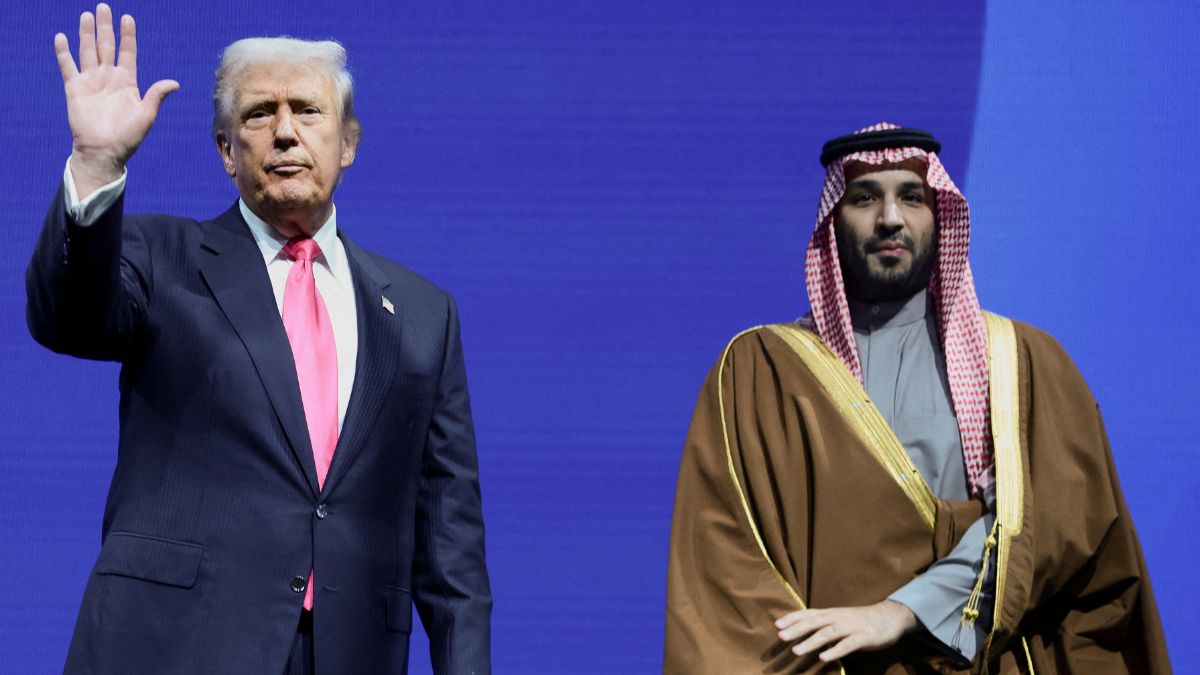)
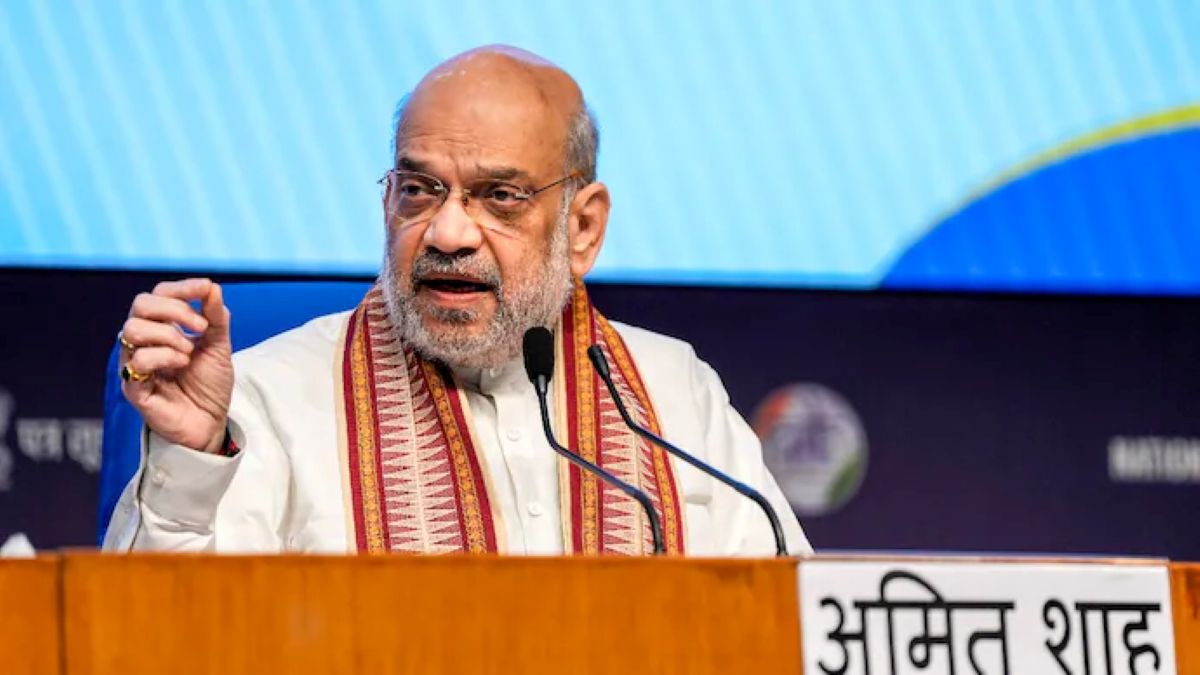)



